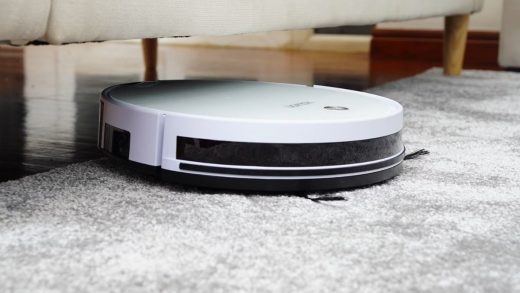
LONDON (AP) — Black children in England and Wales were six times more likely to be strip-searched by police, according to a report being released Monday that found children were failed by those sworn to protect them.
Children’s Commissioner Rachel de Souza found nearly 3,000 children were strip-searched between 2018 and mid-2022 and more than half the searches were conducted without an appropriate adult present.
The investigation was launched after a Black 15-year-old girl suspected of having marijuana was strip-searched at a London school in 2020 by two female officers without another adult present. The girl, identified as “Child Q,” was menstruating and no drugs were found. A previous report said racism was a likely factor for the humiliating search.
“The bravery of a girl to speak up about a traumatic thing that happened to her” led to the report that found “widespread noncompliance” of safeguards and evidence of a “deeply concerning practice,” de Souza said.
The findings follow a scathing report last week that found the public had lost confidence in London’s Metropolitan Police and that the force was plagued with institutional racism, misogyny and homophobia and didn’t do enough to remove bad officers. That report was commissioned after an officer raped and killed a young woman.
The new report said children as young as 8 were being searched in places that were often inappropriate, such as amusement parks or vehicles and sometimes even within public view. In some cases, at least one officer present was of a gender different than the child being searched.
More than a third of the 2,847 searches were of Black children, making them more than six times more likely to be searched based on population figures, the report said. White children were about half as likely to be searched.
De Souza called the disparity “utterly unacceptable.”
The Runnymede Trust, a race equality think tank, said the findings were “even harder to absorb” than the report about the Metropolitan Police, which has faced critical reports in the past. The trust called for removing police from schools and revoking their authority to strip-search children.
“Officers are often unable to justify the necessity of strip-searching, nor can they report on the safeguarding impact on the child concerned,” the group said. “Quite the contrary. It also confirms that our policing crisis is not just confined to London, it is national.”
De Souza said strip-searches can be necessary but there need to be “robust safeguards” to protect children.
Among her 17 recommendations, she called on the Home Office to review legislation and policy for searches and make specific changes to police and criminal evidence codes.
A spokesperson said the Home Office takes safeguarding children extremely seriously.
“Strip-search is one of the most intrusive powers available to the police,” the spokesperson said. “No one should be subject to strip-search on the basis of race or ethnicity and safeguards exist to prevent this.”
De Souza also called on the National Police Chief’s Council to publish a plan to reform child searches.
Chief Constable Craig Guildford said the council welcomed the scrutiny and would consider the findings.


